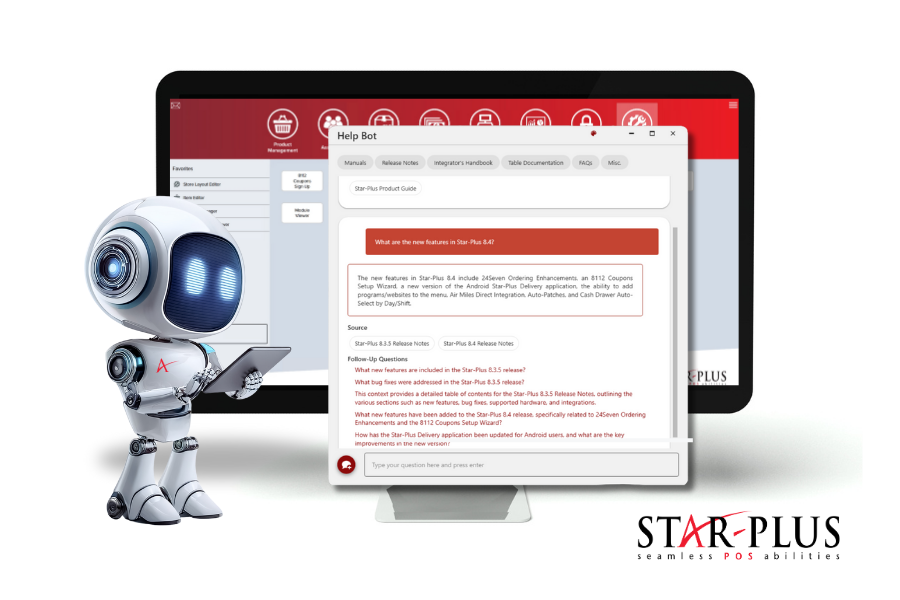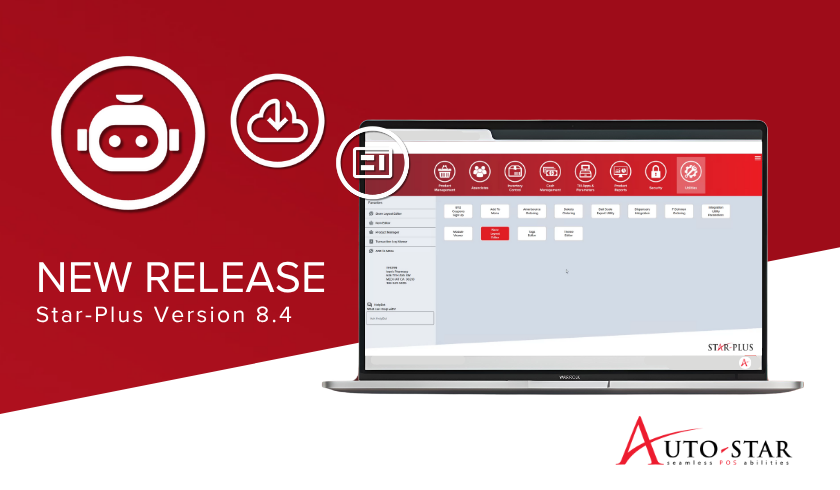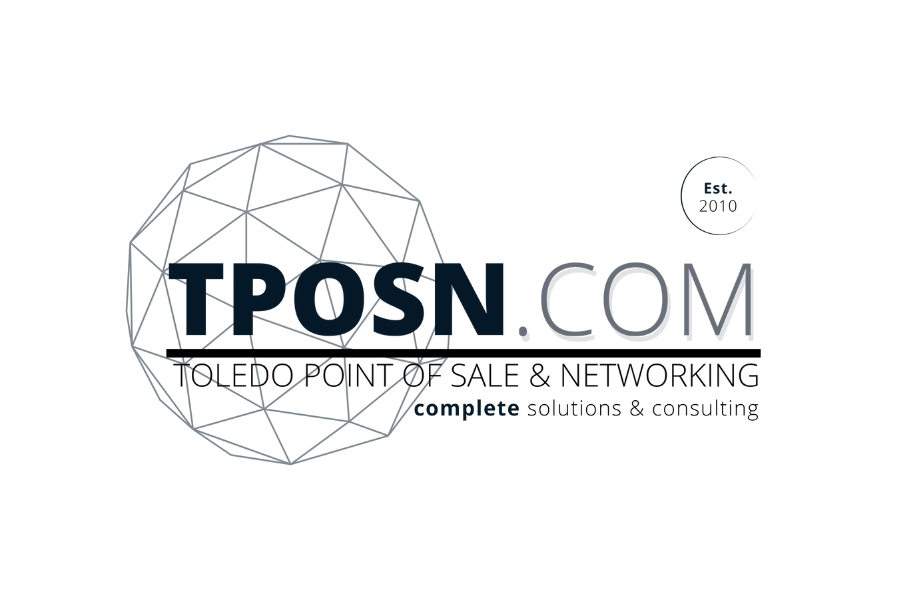As a technology company, we have seen the problems that can arise when businesses fail to implement a backup solution for their data. In fact, it is estimated that 60% of companies that experience a data loss close their doors within six months. Despite this alarming statistic, over one-third of small to medium sized businesses do not perform regular backups or have a data recovery plan in place. Whether it is a natural disaster, cyber-attack, security breach or human error, a proper data backup strategy can significantly reduce downtime and save your company time and money.
Today we are sharing a real-life customer example and our tips and best practices for establishing a backup strategy for your business.
When Disaster Strikes
Eugene’s General Store and Drive Thru, located in Tignish, Prince Edward Island, was started in 1986 and is an integral part of the community. It is the only grocery and convenience store in a small town of 700 people. On October 6th, the unthinkable happened and the store was destroyed by a sudden fire. Unfortunately, the store was a complete loss.
Thankfully, due to the implementation of a cloud-based storage solution, the company was able to recover their data from the previous night within a few hours. The fire department was also able to recover a hard drive from one of the store’s registers. Store Owner, Carter Morrissey, contacted the Auto-Star support team immediately following the fire to coordinate a game plan. Auto-Star used a data recovery tool to salvage the sales data up until the time of the fire. Auto-Star and Eugene’s General Store worked with a hardware partner to quickly provision replacement equipment, and as a result, the company was operational again in a temporary location just 10 days later with their full staff and 80% inventory capacity.
Planning Ahead: Establish a Data Backup Strategy
Creating an effective backup strategy for your business involves time, resources and careful planning. Before you begin, it is important to assess your company’s backup needs. Ask yourself the following questions:
- Who will be responsible for ensuring data is backed up? Identify the staff responsible for creating backups, monitoring their success and ensuring they can be restored.
- What type of data do I need to protect? While all data is important, storage space may be limited. Prioritize critical information such as client data, legal documents, contracts, and files that need to be accessed on a daily basis.
- How much storage do I need? Determine the amount of data that needs to be stored and how long you will keep the information on file.
- Where will copies of your data be stored? Consider both onsite and off-site backup storage solutions.
- How often do I need to backup my data? This will vary depending on how frequently your information is updated. Be sure to document what backups need to be completed daily and tasks that can be performed weekly, monthly and annually.
The Data Backup 3-2-1 Rule
Many businesses choose to follow the data backup 3-2-1 strategy as a best practice for backup and recovery. This approach has been proven highly-effective and recommends the following:
- Three copies of data. The original and two backup copies.
- Two different storage types. Use two different storage media types such as an internal hard drive and removable storage device.
- One copy off-site. Keep at least one copy in a remote location.
While onsite backups work well to access data quickly, they do not protect against fire, flooding or theft. In the case of Eugene’s General Store, the remote backup was critical to getting their business back up and running quickly. Having both an onsite and off-site backup solution in place will diversify your risk and help ensure your data is protected. Offline remote backups are also critical to recover from ransomware attacks where any accessible solution may also be lost.
Automate and Secure your Backups
A backup plan that relies on manual processes is prone to error. An automated backup plan takes place when you are busy and forget to run a backup or are away from the office. In addition, data should be encrypted to keep your information secure. Consider working with a vendor that can provide automated backup and security services.
Test Your Data Backup System
Regardless of the data backup solution you choose to implement, it is extremely important to test your system on a regular basis. The last thing you want is a to restore your data and find out that a file is corrupt or failed to transfer. Be sure to document and test your backup system regularly; ideally every quarter, or at an absolute minimum once a year.
Disaster can strike at any time and be devastating for your business. As today’s business environment becomes increasingly digital, preparation is key to mitigate the risk of data loss. By investing time developing a backup strategy now, you can protect your data and avoid costly damage.
Contact Auto-Star to learn more about our industry leading technology solutions and the importance of off-site backups and data recovery.












